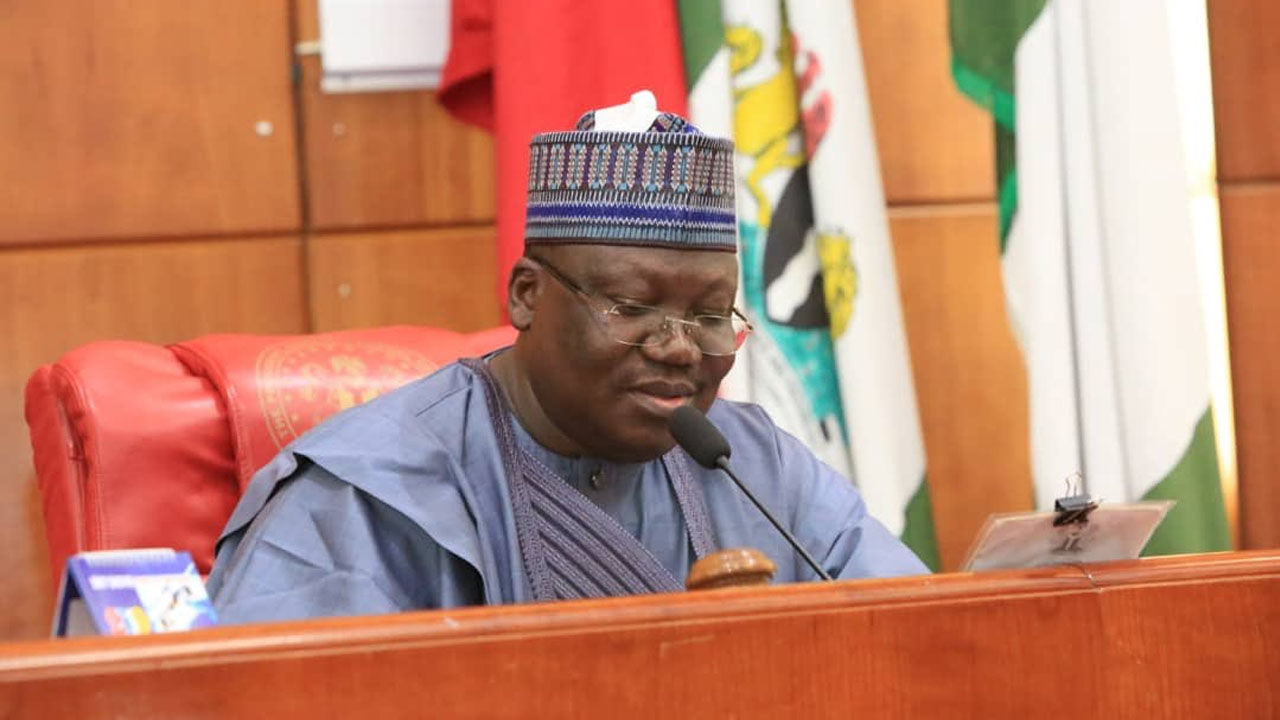The former Chairman of the Nigerian Bar Association, Chief Wole Olanipekun (SAN), has urged President Bola Tinubu to summon political will and name those waging war against the country and their sponsors.
Olanipekun, who described Tinubu as the inheritor of the current insecurity, added that he should not reap what he did not sow.
Speaking at the 29th edition of the Wole Olanipekun Scholarship Scheme and 6th Empowerment Programme in his country home in Ikere-Ekiti at the weekend, he said there are many people who claim to be citizens of Nigeria but do not love the country and are working against its interests.
“I sympathise with President Tinubu. And any time I see him, I tell him, I say, Mr President, I don’t envy you. He will say, My lawyer. I applied for this job. So, he will say, don’t sympathise with me. But I sympathise with him because the problems have been there.
“But we should stop pretending as if we don’t know the problems are there. But again, my idea and my own suggestion regarding this is stop pretending as if we don’t know those who are waging the war and their sponsors.
“If we know them, why can’t we expose them? That is the essence of being a nation. You can’t do some of these things without consequences. You can’t do it in America and get away with it. You can’t sabotage your country. You can’t work against the interests of your country. You can’t be planting war against your country and still live with that country.
“Why are we deceiving ourselves? Are we pretending as if we don’t know those who are waging war against this country? So why are we not naming names? Why are we not calling this space by its name?
“Why are we describing a spade as an agricultural instrument? Why will it take a Trump to tell us that, please, wake up, put your house in order, when we know those who are desecrating the house? People talk in this country as if they’re above the law.
“The way out is for the government to do the needful, to name the names. We don’t need any external intervention.”
Offering solutions to the persistent security challenges, the legal icon renewed his call for regional federalism, declaring that restructuring Nigeria along regional lines remains the most realistic pathway to achieving sustainable stability.
He noted that devolving more powers to the regions while retaining core national responsibilities at the centre would not only strengthen governance architecture but also improve security coordination, reduce tension, and promote healthier competition among the federating units.
Olanipekun maintained that a regional structure would offer a more coherent and efficient framework for managing the country’s diversity and addressing several challenges that differ across the regions.
He said, “I want to plead, and I have been pleading it. I’ve been preaching it. It is a time for us to heal wounds. It’s a time for us to say, Look, how do we live together? How do we create a bridge that will not collapse in the next few years? And that comes back, it takes us to what I’ve been saying.
“What can save Nigeria today is regional federalism. Through the regions, we can integrate properly, and I have been saying this since Obasanjo was president and when I was also president of the Nigerian Bar Association. That is the only way out for Nigeria: regional federalism.
“Let the regions come together and form a strong alliance. Let the residual powers be in the regions, but the powers which are traditionally meant for the centre be donated to the centre. That has been my sing-song,” he added.
In his remarks at the event, the Ekiti State Governor, Mr Biodun Oyebanji, said those who would use their influence and resources to transform lives are the ones the country urgently needs to nurture a more educated, productive, and compassionate society.
Congratulating the beneficiaries of the empowerment, the Governor urged them to uphold the values of hard work, gratitude, and service to others, principles that Chief Olanipekun has consistently championed, and also charged them to emulate the legal icon by giving back to their communities when they become successful in their various fields.
“I read through the speech of Chief Olanipekun and from the beginning to the end, Chief was talking about compassion, sympathy and giving. I also listened to the Chairman; he spoke in the same way. So the lesson for us today is just to ask ourselves: what are we living for? You don’t need to be as rich as Chief to give, no matter where you are and who you are. God has created us to add value to our neighbours and the Bible says, love your neighbour as thyself.
“So, on behalf of all the beneficiaries today, I say thank you to Daddy and Mummy Olanipekun for what you are doing. Twenty-nine years of giving and six years of empowerment even to those that give you anything back, the good Lord will continue to bless you.”






